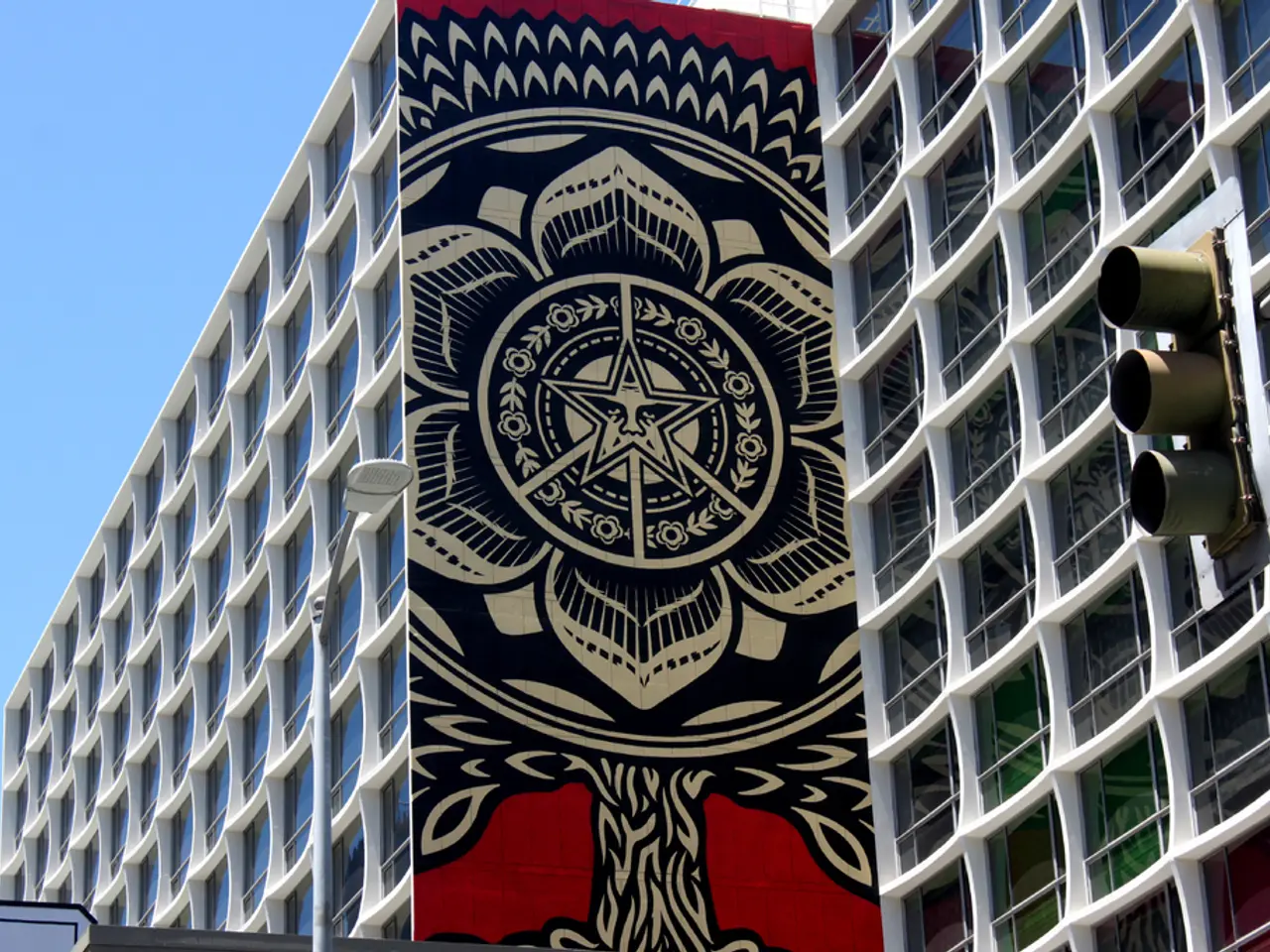Executions Carry On: 17 Death Penalties Implemented Over a Three-Day Period in Saudi Arabia
In a concerning development, Saudi Arabia is on track to break its own record for the number of executions carried out in a year, with 17 executions in just three days. This surge in capital punishments has raised eyebrows globally, with human rights organizations reporting that only China and Iran carry out more executions than Saudi Arabia [1][2].
The executions in question were primarily for drug-related offenses, with 13 of the 17 cases involving the smuggling of hashish. In 2025, a total of 239 people have been executed in Saudi Arabia, with 161 of these cases being drug offenses [1]. Of these drug-related executions, 136 were foreign nationals [1].
This trend of increased executions for drug offenses related to hashish is particularly concerning, especially given the global trend towards decriminalizing hashish. The human rights group Reprieve has criticized the rise, highlighting the harshness of punishments for drug crimes in Saudi Arabia, which in many countries might carry lesser sentences [3].
The escalation in executions coincides with Saudi Arabia’s intensified "war on drugs" launched in 2023, with harsher crackdowns leading to expedited death sentences after legal proceedings for those arrested under this campaign [1][3]. The kingdom's relentless and ruthless use of the death penalty after grossly unfair trials has drawn global condemnation, with organizations such as Reprieve and Amnesty International pointing out the lack of fair trials and the persecution of vulnerable foreign nationals, who constitute the majority of those executed [3][4].
From a human rights perspective, this escalation is viewed as part of an authoritarian enforcement strategy. Saudi Arabia's rate of executions, especially for drug offenses, is among the world’s highest. For instance, the number of executions in 2025 is on track to surpass the previous record of 338 executions in 2024 [1]. The situation contrasts sharply with global trends where many countries have abolished or severely limited the use of the death penalty for drug offenses. Saudi Arabia is distinctive in its application of capital punishment at this scale for drug smuggling, particularly hashish [1][3][4].
It's worth noting that not all executions in Saudi Arabia are drug-related. Two of the executed individuals were Saudi citizens for "terrorist crimes," while one execution was for smuggling cocaine [1].
In conclusion, the sharp rise in executions for drug offenses, especially hashish smuggling, largely targeting foreign nationals, raises significant human rights concerns. The kingdom's relentless and ruthless use of the death penalty after grossly unfair trials, viewed as part of an authoritarian enforcement strategy, has drawn global condemnation. Saudi Arabia's rate of executions, especially for drug offenses, is among the world’s highest, markedly higher than most countries which do not apply capital punishment for such crimes.
References:
[1] ntv.de [2] afp.com [3] Reprieve [4] Amnesty International
- The escalation in Saudi Arabia's executions for drug offenses, particularly hashish, coincides with a focus on war-and-conflicts, politics, and crime-and-justice in general news, as human rights organizations critique the kingdom's employment policy, which prioritizes harsh punishments in these cases, while other countries trend towards decriminalization.
- Criticism from human rights organizations such as Reprieve and Amnesty International highlights the unwarranted application of community policy, including the death penalty for drug offenses, in Saudi Arabia, as compared to other countries with more lenient employment policies. This trend, characterized as part of an authoritarian enforcement strategy, has drawn global attention to the kingdom's controversial politics and its role in war-and-conflicts, further discussed in general news.







